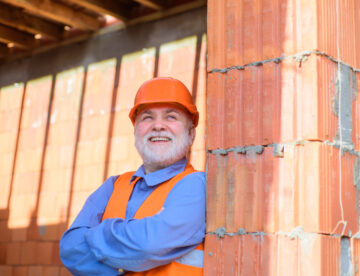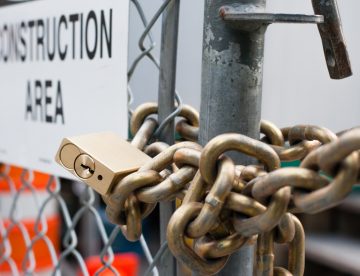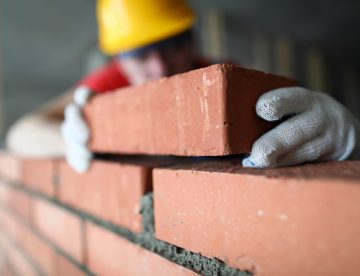
While some of the mobile apps we download end up doing little but take up space on our phones or tablets, others are revolutionising the way we live and work.
Right now, there are a great many mobile apps that are proving particularly useful for those working in the construction industry – supporting people by making every-day tasks simpler, improving efficiency in working practices and raising professional standards higher than ever before. In this week’s blog, we’ve got a rundown of just some of the apps available.

It’s fairly common for construction workers to question whether they need to follow an exercise regime, considering the fact that they already do a lot of physical activity in their daily work.
While it’s true that construction work involves a mix of low-intensity and heavier physical activity that might seem like a good workout, research has shown this doesn’t match the numerous health benefits that come from recreational physical activity. In this week’s blog, we’re taking a closer look at this topic.

Over the past few months, we’ve witnessed a race in the launch of Artificial Intelligence (AI) technology that has been trained to interact with humans in a conversational way.
Natural language models like Open AI’s ChatGPT and Google’s Bard can produce pieces of creative writing, translate copy, summarise lengthy texts, access vast amounts of data to answer queries and have a human-like conversation. Whilst experimenting with these technologies can be both useful and fun, this has got us wondering whether AI might soon be taking on other creative work such as designing a building (or perhaps it is already)? Take a look at what we found out in this week’s blog.

At least two online media outlets have just published articles about Sheriff Construction, recognising our company as one of the leading installers and suppliers of flat-roofing systems and brickwork services in the UK.
Both the UK Herald and London Journal picked up the story of our 17 years in the industry and recent success, noting the national recognition our company has gained for delivering exceptional work on commercial and residential projects and for our pursuit of innovation. Read the full story in this week’s blog.

Whilst modern techniques, tools and innovations have brought some changes to the way on-site construction workers perform their duties, they still generally have to carry out physically demanding tasks in sometimes harsh conditions.
Day after day, year after year, you might think that surely such labour takes its toll, so how is it the case that, even as the workforce ages, a great many construction workers remain physically able to handle the strain? The answer it appears is because they have ‘physical wisdom’. Find out what this means in this week’s blog.

When working as part of a team, it is almost inevitable that, at some point, you’ll experience a situation involving conflict – a difference of opinion, a misunderstanding or possibly an outright argument with a colleague.
This is often because, although you may be working towards a shared goal, most teams are made up of people from diverse backgrounds with different personalities, perspectives and opinions. However, conflict doesn’t have to be seen as wholly negative as, if it’s handled well, it can actually be an opportunity for healthy debate, personal growth and support innovation. See if you can achieve this by following our six conflict resolution tips.

Research shows that nearly four out of five tradespeople in the UK have experienced tool theft with the estimated cost to the industry coming in at a staggering £2.8 billion.
Because the victims of tool theft are often self-employed, the impact of their individual losses on them, their families, livelihoods and mental health can be devastating. However, the criminals targeting construction sites and trade vans rarely stop to think about such things and so it’s vital that construction companies prioritise and put every effort into site security. In this week’s blog, we’ll look at how big this problem has become and what you can do to protect your site.

Twelve members of Sheriff’s top team have just returned from a five day trip to Dubai, a reward from the company for all their hard work and loyalty over recent years!
Including Company Directors, Contract Managers, Site Managers and Foremen, the team were treated to a stayover in a five star hotel plus an itinerary of site seeing trips and meals out.
Find out more about what they got up to in this week’s blog.

In recent years, it’s not often been possible to talk about the supply of any building materials without including the word ‘shortages’.
Finally that seems to have changed as it’s now being reported that, with a slowdown in housing developments, stocks of bricks and some other construction materials are on the rise.
In this week’s blog, we’re reporting on what industry leaders are saying about product demand and supply in the sector.

